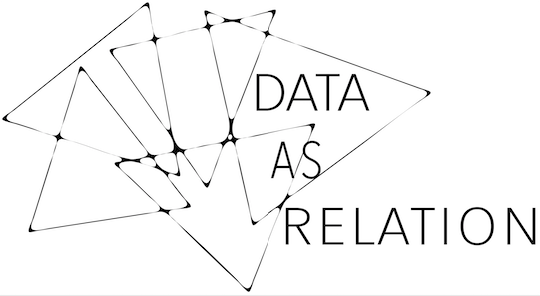As an organization, the Danish tax administration (SKAT) currently strives to become increasingly data driven. Simultaneously, SKAT is committed to offering data services to citizens, companies, municipalities and other stakeholder in line with Danish government strategies on openness and digitalization. The prospect is to enable other actors to become increasingly data-driven as well. Data and data use thus becomes a significant organising principle in SKAT.
Drawing on actor-network theory and an ethnographic approach, the project examines work in SKAT towards this end. The project inquires why, how and to what effects data is made a gravitational organizational point for reimagining SKAT and the ecology in which it resides. The project thus focus on hopes, assumptions, implications, and emerging practices related to data modeling, data analytics and data use. For instance, how does heavy investment in new forms of expertise in data modeling, data analytics as well as it- and data management affect professional responsibilities and decision-making in SKAT? And how does making data pivotal affect how SKAT perceives and relates to its context and interlocutors?
The project has three empirical focus points. First, it investigates the interplay between methods used for managing complex IT-projects about data in SKAT and how such development unfolds in practice. Second, the project investigates how an increased reliance on IT and data and thus on computer science rationales influence organizational logics. Third, the project addresses, how data affects how SKAT perceives and relates to its environment, including citizens and companies.
The project thus contributes to reflections on emerging opportunities, challenges, and stakes for the Danish state as well as Danish citizens, as Danish public institutions strive to become increasingly reliant on data-based digital technologies.
Project members: Associate Professor Brit Ross Winthereik, Associate Professor Christopher Gad, PhD Fellow Bastian Jørgensen
Research question: What new organizational logics occur through data modelling and prediction and to what effects?
Theme: Prediction and profiling
Partners: Danish tax authorities (SKAT)



